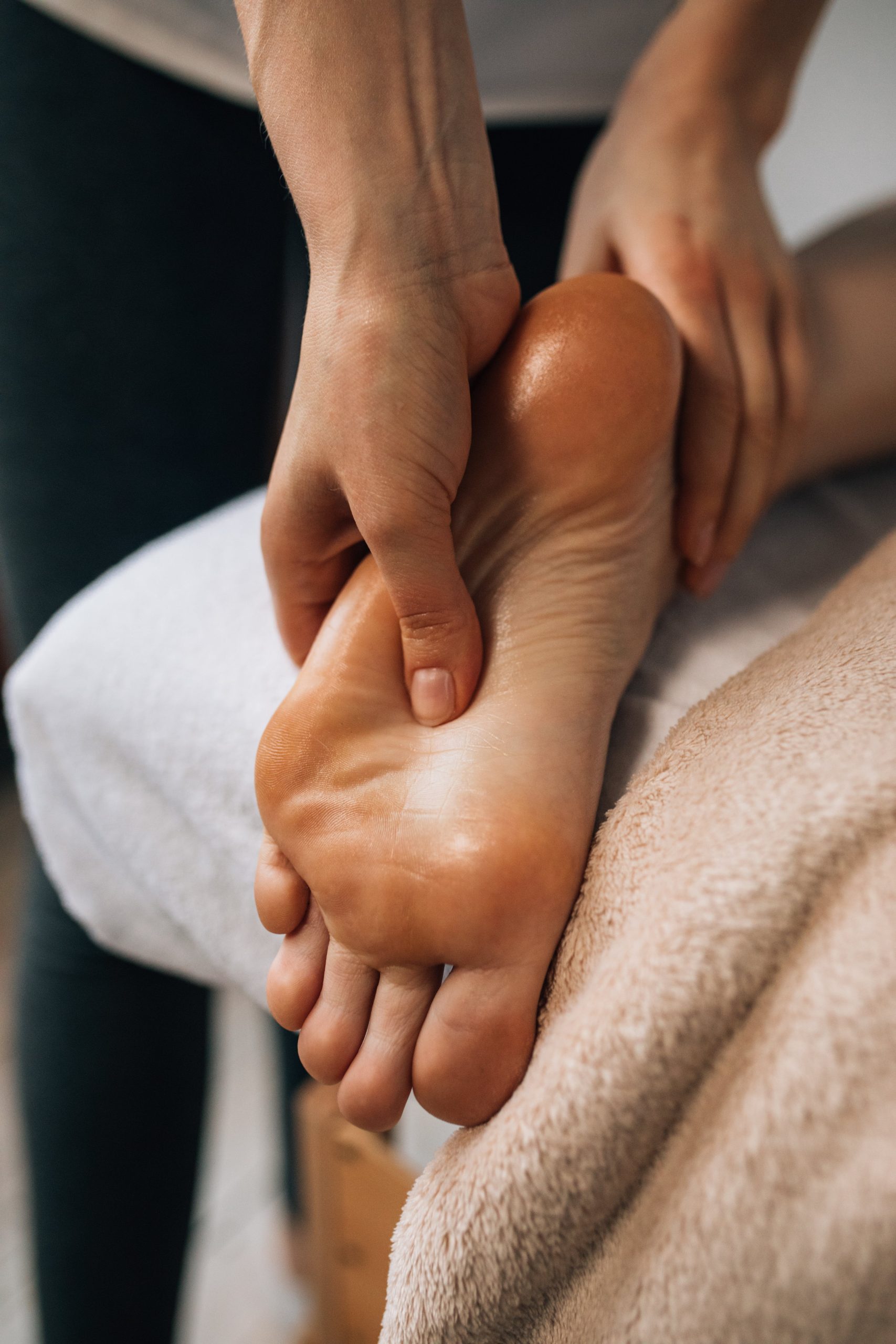At Luck’s Yard Clinic we see many patients who present with symptoms of long term pain but there is often no obvious cause like an injury or trauma. It may be that they are suffering form pain in the fascia, a thin casing of connective tissue found throughout the body.
Myofascial pain syndrome (MPS) is a long-term pain condition. It is associated with inflammation or irritation of the muscles and the thin cover of tissue that holds muscles in place, called fascia. When applying pressure on these areas, called trigger points, one experiences pain.
The pain often is felt as shoulder pain, back pain, tension headaches and in the face but can be felt all over the body. Sometimes, the trigger point may be in one muscle but the pain is felt in other parts of the body which is known as referred pain.
Why do I get myofascial pain?
Sometimes the cause of myofascial pain is not known but it is often the result of repeated actions ie when the muscle is tensed over and over again. Repeated movements can be related to work, hobbies or exercise. Another cause could be stress-related muscle tension, poor posture and weak muscles.
Almost everyone has felt muscle tension pain, often after exercising or activities such as gardening or housework, but the pain of MPS doesn’t go away and may get worse over time and if left untreated.
How do I know if the pain is related to the fascia?
Symptoms of MPS may include:
- Deep, aching pain in a muscle.
- Pain that doesn’t go away or gets worse.
- A tender knot in a muscle.
- Trouble sleeping due to pain.
- Tiredness
- Inability to carry out previously simple movements such as reaching or carrying.
Causes of pain can include:
- A muscular spasm or trigger point – an area of tight fibres – can form in muscles due to overuse of particular muscle groups eg if a repetitive use of the muscle is not carried out correctly such as in lifting weights
- injury to the muscle
- mental stress may also contribute to tight muscles – think of stress that is often held in the shoulders – hunching – which may cause trigger points
Risk factors
- Muscle injury. A muscle injury or ongoing muscle stress may lead to the forming of trigger points. For instance, a spot in or near a strained muscle may become a trigger point.
- Repetitious motions and poor posture also can increase the risk.
- Stress and anxiety. People who often feel stressed and anxious may be more likely to get trigger points in their muscles. One theory is that these people may be more likely to clench their muscles which then becomes a habit. Clenching is a form of repeated strain that leaves muscles open to trigger points.
What treatment is on offer?
Treatment options to help reduce inflammation and spasm include:
- exercise and stretching – especially using foam rollers
- massage including the use of small ball to ‘roll’ over the trigger point helping to release the fascia
- physiotherapy
- Pain relief medications may help in the short term and steroid injections are sometimes used.
Other factors to consider
- MPS can affect health and wellbeing by interfering with daily routines for example affecting one’s ability to exercise or even carry out simple tasks and hobbies and leisure activities.
- Sleep problems.Symptoms may make it difficult to sleep as it might be hard to find a good sleeping position and moving can cause irritate a trigger point leading to sleep disruption.
You can contact our physiotherapy and massage teams by booking appointments online or calling Reception on 01483 527945
photo: pexels.com Koolshooters




